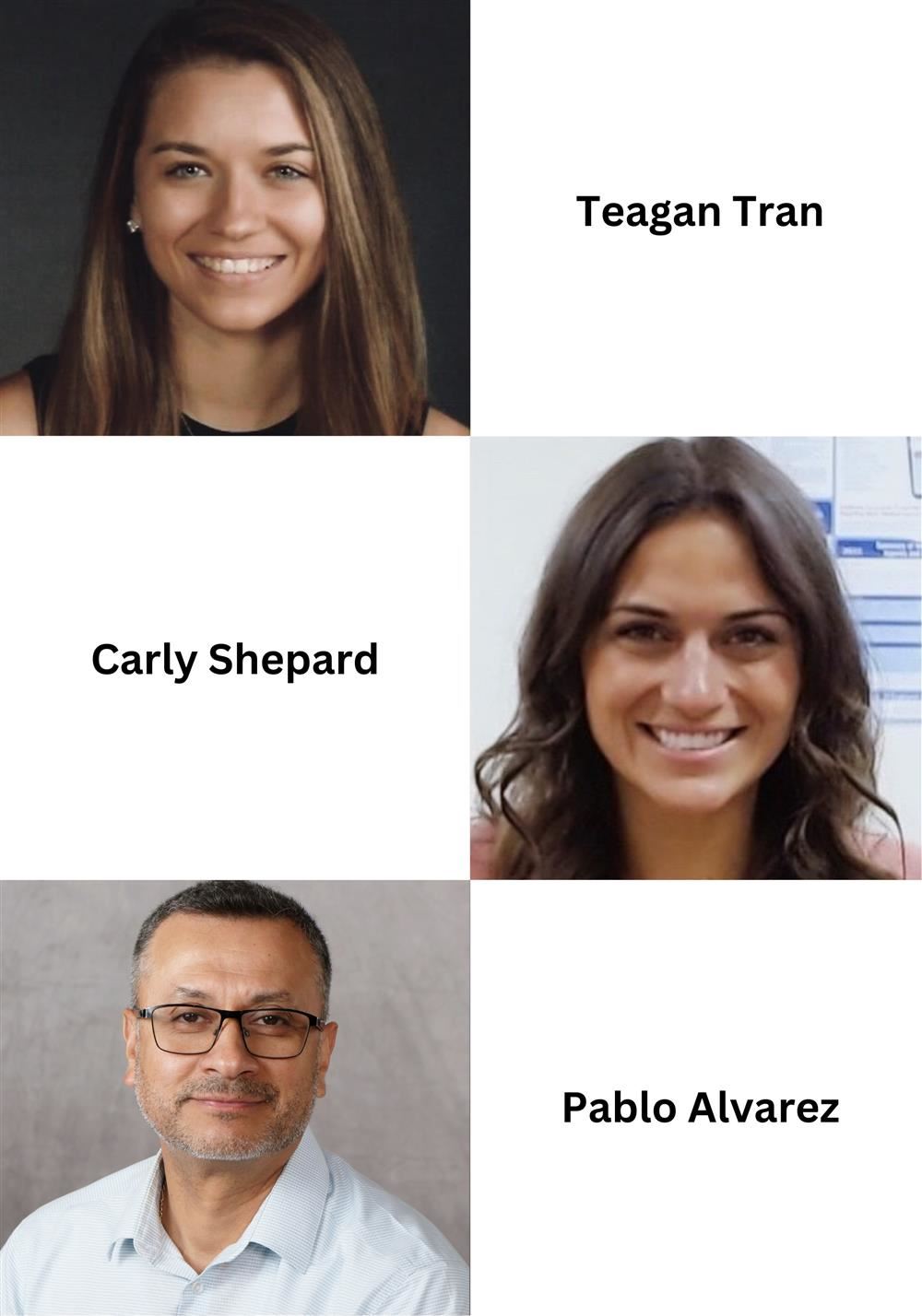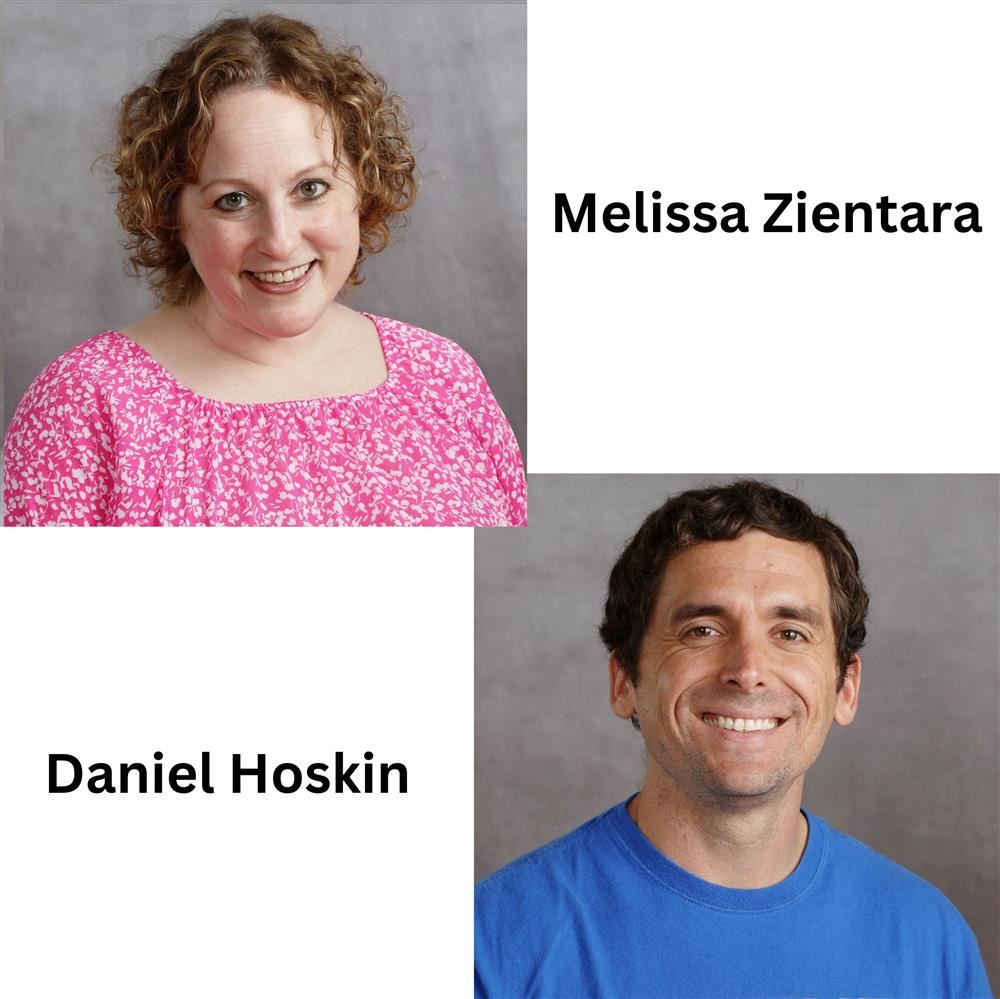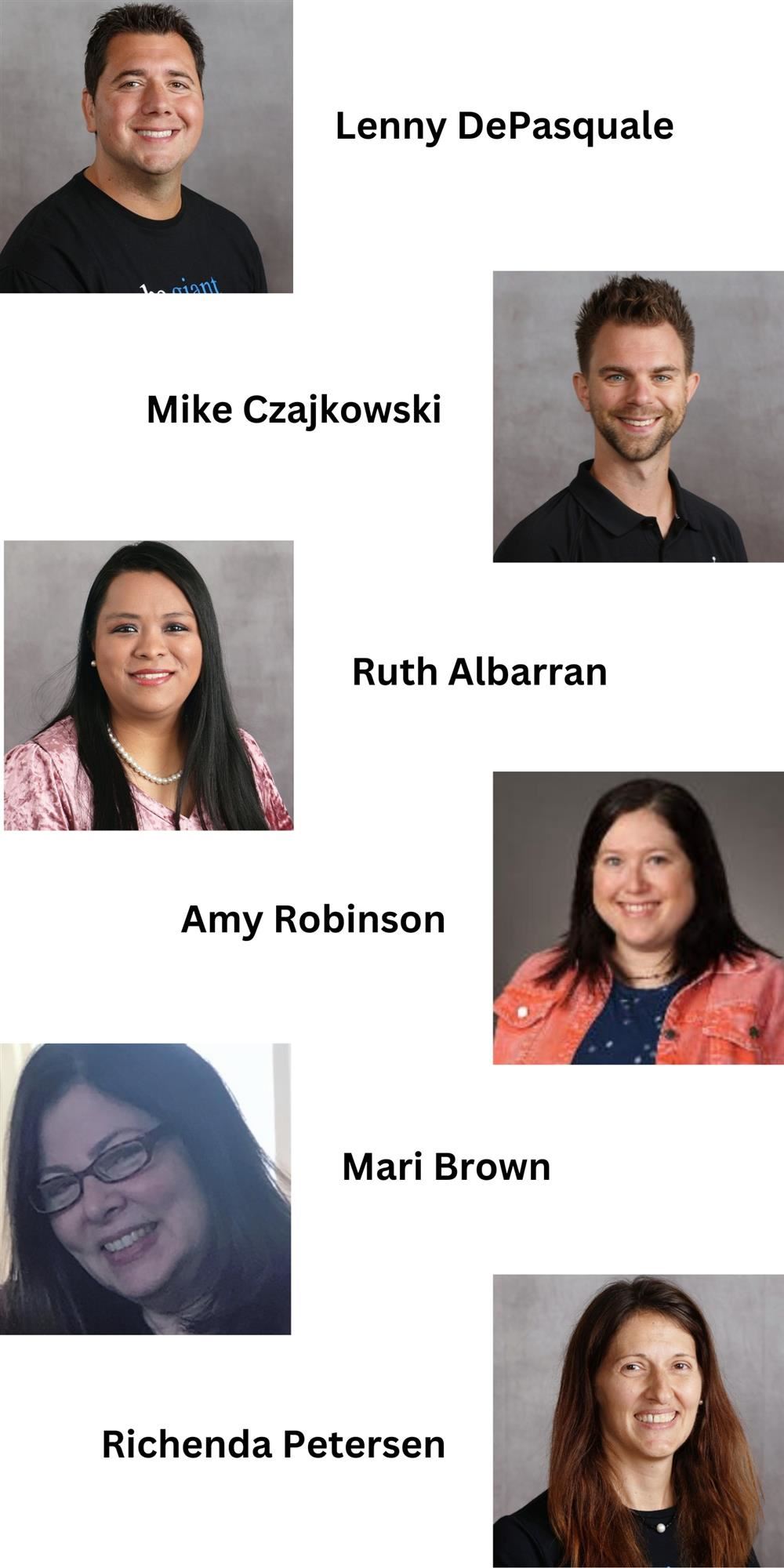MTSS (Multi-Tiered System of Supports)
Page Navigation
-
Tier 3
Intensive and individualized instruction and intervention

Phone:
Email:
Degrees and Certifications:
Drop-in Individual Counseling
Teagan Tran, Carly Shepard, Pablo Alvarez
The Drop-In Center is dedicated to providing individual services, crisis intervention, and referrals to community resources to students in the most caring and safe environment possible. We advocate for the mental health needs of students by exploring strategies that enhance self-awareness and promote interpersonal skill development with the goal of successful reintegration into the academic setting.
Goals:
-
Provide a space for students to promote positive, healthy behaviors by building and practicing skills to manage discomfort, grief, or difficult transitions
-
Provide referrals to school and community resources that treat mental health issues (suicidal ideation, violence, abuse, and depression) with the intent of removing barriers to learning
-
Advocate, collaborate, and coordinate with school and community stakeholders to ensure students have access to mental health services
Emails: Ttran@dist113.org Cshepard@dist113.org Palvarez@dist113.org

Phone:
Email:
Degrees and Certifications:
Flex
Bobby Hanson & Karina Arango-Ocampo
The Flex program is tailored for students who need more support than what they are currently receiving through general education. Flex offers time-limited intervention with a focus on building awareness, independence, and empowerment in students as we teach concrete strategies in a small group or 1:1. These strategies will help students to build upon their academic, social-emotional, and/or executive functioning skills. Students are scheduled for a period of Flex 3-4 days a week during 1st, 2nd, 7th, or 8th periods.
Office Hours: Fridays 8-8:30

Phone:
Email:
Degrees and Certifications:
Wellness
Melissa Zientara & Daniel Hoskin
Wellness, our Tier 3 MTSS Intervention Program, provides a safe space and community for co-regulation, healing, and restorative interventions that are rooted in the 4 Pillars of Applied Educational Neuroscience (Educator Nervous System, Co-Regulation, Touch Points, and Language of the Nervous System), the 4 Universal Needs of the Circle of Courage (Belonging, Mastery, Independence, and Generosity, Polyvagal Theory, and Restorative Justice.
In order for students to access educational attainment and achievement, our Wellness Community holds space for students to activate their social engagement systems (ventral vagal nervous system states) so that they are ready to engage in productive struggle and learning.
Each student’s healing journey includes co-regulation, sensory interventions, mind-body interventions, healing-centered resilience interventions, and restorative experiences to guide them as they improve nervous system awareness and regulation, heal experiences of toxic stress and trauma, and highlight their resilience.
As a part of each student’s healing journey, they build “dream boards”, set goals, and monitor progress as they incorporate learned skills (i.e. nervous system awareness, breathing exercises, sensory tools, music/art, etc.) into their daily lives.
Students who graduate from Wellness, as they continue on their own healing journeys, have the opportunity to return to our Wellness Community as mentors in order to cultivate leadership skills and help guide new students as they embark on their healing journeys.
Office Hours: Vary by day - Drop by Wellness anytime or contact us to meet!
Emails: mzientara@dist113.org, dhoskin@dist113.org

Phone:
Email:
Degrees and Certifications:
Reading
Reading 1: Lenny DePasquale, Mike Czajkowski, Ruth Albarran, Amy Robinson
Reading 2: Mari Brown, Richenda Petersen
Reading I is structured to support students as they become increasingly aware of their preferences and growth as readers. Students learn a variety of strategies to access and interpret information from multiple texts (including personal choice novels), while teachers provide support and strategies to develop independent readers who can navigate a range of texts. A goal for this course is for students to become independent and collaborative learners as they reflect on their own thinking and growth in multiple skill areas including reading, writing, speaking and listening, research, and language. A major component of the course is engaging in Reading Plus, an on-line, adaptive, differentiated reading program that assesses students’ comprehension skills.
Reading II runs in a workshop model around practices to increase proficiency in reading, writing, and test taking. Texts and writing instruction are differentiated for skill or interest levels using whole group, small group, and individualized instruction. Reading skills highlight vocabulary, reading comprehension, and fluency and may be connected to other content areas. Writing instruction may include workshops centered around developing habits of strong writers. This class also prepares students for standardized assessments. A component of the course is to continue engaging in Reading Plus, an on-line, adaptive, differentiated reading program that assesses students’ comprehension skills.
Emails: ldepasquale@dist113.org, mczajkowski@dist113.org, ralbarran@dist113.org, arobinson@dist113.org, mbrown@dist113.org, rpetersen@dist113.org

